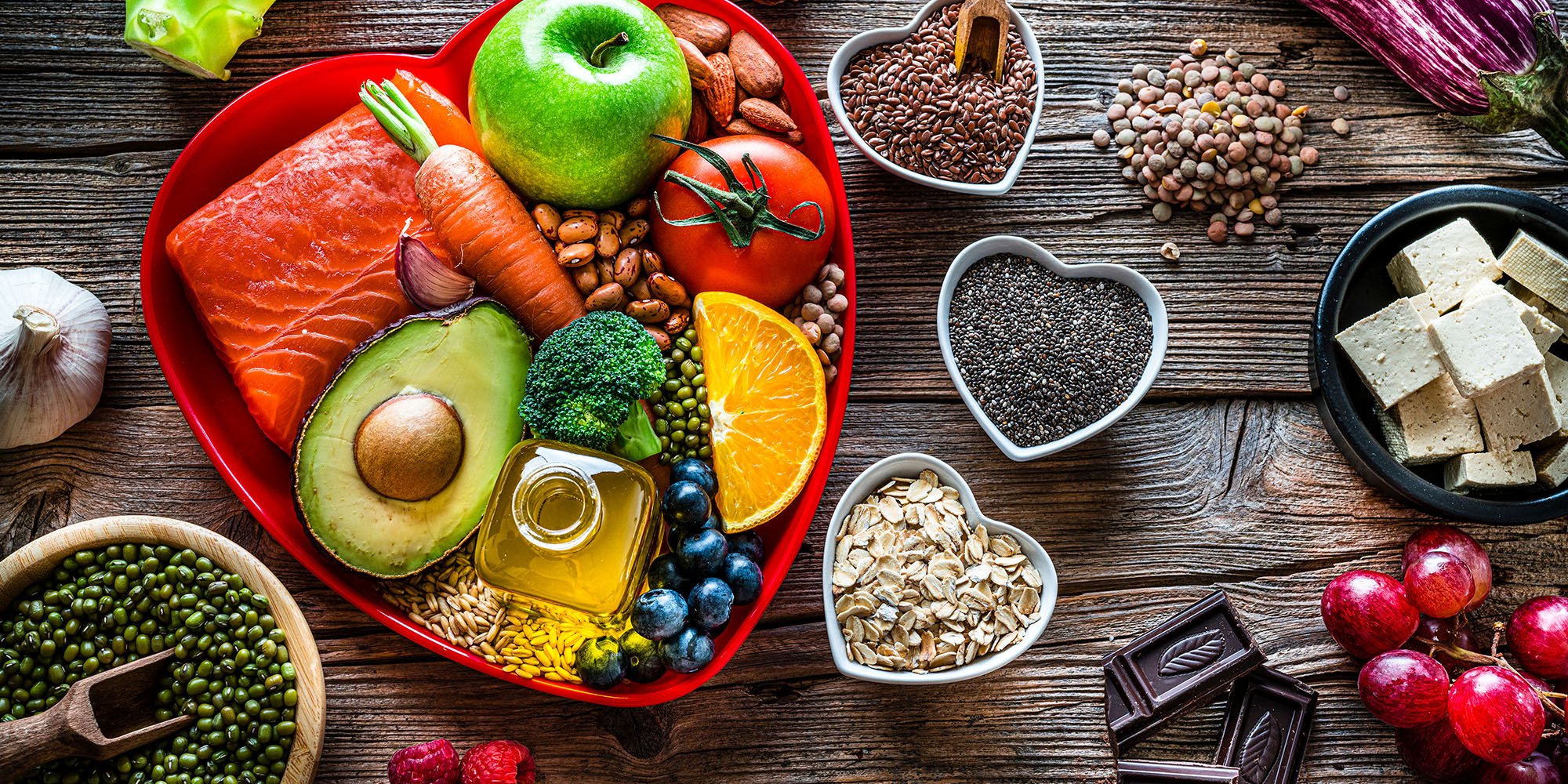
Heart disease is the number one cause of death in the world, but you can lower your risk by making some simple changes to your diet. Certain foods have been shown to protect your heart and blood vessels from damage and inflammation, while others can increase your risk of developing heart problems. Here are five foods you should eat more of to keep your heart healthy and happy.
1. Oats
Oats are a type of whole grain that are rich in fiber, especially a type called beta-glucan. Fiber can help lower your cholesterol levels, which can prevent plaque buildup in your arteries. Oats also contain antioxidants, minerals, and phytochemicals that can improve your blood pressure and blood sugar levels. Oats are easy to incorporate into your diet. You can enjoy them as oatmeal, granola, or baked goods.
2. Salmon
Salmon is one of the best sources of omega-3 fatty acids, which are essential for your heart health. Omega-3s can lower your triglycerides, reduce inflammation, and prevent blood clots. They can also improve the function of your endothelium, which is the lining of your blood vessels. Salmon also provides high-quality protein, vitamin D, and selenium, which are important for your immune system and bone health. Aim to eat at least two servings of fatty fish like salmon per week.
3. Avocado
Avocado is a delicious fruit that is loaded with healthy fats, mainly monounsaturated fatty acids (MUFAs). MUFAs can lower your LDL (bad) cholesterol and raise your HDL (good) cholesterol, which can protect your heart from disease. Avocado also contains fiber, potassium, vitamin E, and antioxidants that can benefit your heart and overall health. You can add avocado to your salads, sandwiches, smoothies, or toast.
4. Nuts
Nuts are another great source of MUFAs and other healthy fats, such as polyunsaturated fatty acids (PUFAs) and omega-3s. Nuts can help lower your cholesterol, blood pressure, and inflammation. They also provide fiber, protein, magnesium, and vitamin E, which can support your heart health. Nuts are also filling and satisfying, which can help you control your appetite and weight. You can snack on a handful of nuts or add them to your salads, yogurt, or oatmeal.
5. Berries
Berries are one of the most antioxidant-rich foods you can eat. Antioxidants can protect your cells from oxidative stress and inflammation, which are linked to heart disease. Berries also contain anthocyanins, which are pigments that give berries their vibrant colors. Anthocyanins can improve the function of your endothelium and lower your blood pressure. Berries also provide fiber, vitamin C, and folate, which are good for your heart health. You can enjoy berries fresh or frozen as a snack or dessert.
Conclusion
Eating a heart-healthy diet can lower your risk of developing heart disease and improve your quality of life. By adding more oats, salmon, avocado, nuts, and berries to your diet, you can reap the benefits of these nutritious foods for your heart health. Remember to also limit foods that are high in saturated fat, trans fat, sodium, and added sugar, such as processed meats, baked goods, fast food, and soda. Your heart will thank you for it.





 27 Oct 2023
27 Oct 2023
